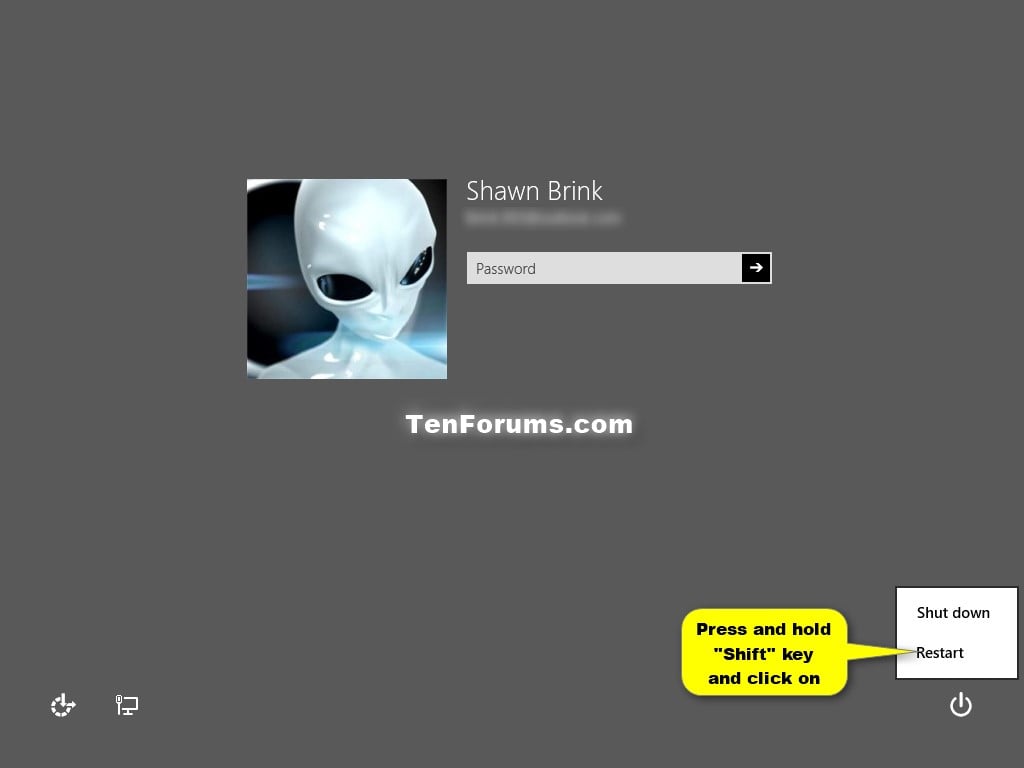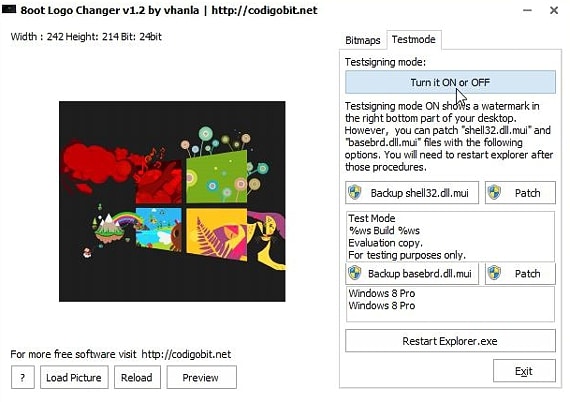


Right-click the drive (where Windows 10 is installed) and select the Properties option.

Otherwise, the device will no longer start correctly. However, if you upgrade a device running Windows 10 or an older version and supports UEFI, you can convert the drive to change the system firmware settings properly. Typically, you want to start in UEFI mode from the moment you first install Windows 11. The conversion is done by adding the GPT components to the MBR partition without modifying the existing partition and keeping the data untouched. Unlike previous methods requiring you to back up your data and reinstall Windows, the MBR2GPT tool streamlines the process to change partition styles in minutes. How to convert a drive from MBR to GPT on Windows 10 Warning: Although this is a non-destructive process, it's still recommended to make a full backup of your PC before proceeding in the case that something goes wrong and you need to roll back.

"Device Guard" gives you more advanced controls for app access, and "Credential Guard" can help prevent pass-the-hash attacks. For example, "Secure Boot" is a feature that can protect a device's startup process from malicious programs, and now it's a prerequisite to install Windows 11. Also, it unlocks many of the new security features available on Windows 11 and Windows 10. It introduces several additional features, including support for partitions larger than 2TB and faster startup, sleep, resume, and shutdown times. UEFI is the new firmware that replaces the old BIOS firmware style. VPN Deals: Lifetime license for $16, monthly plans at $1 & more


 0 kommentar(er)
0 kommentar(er)
